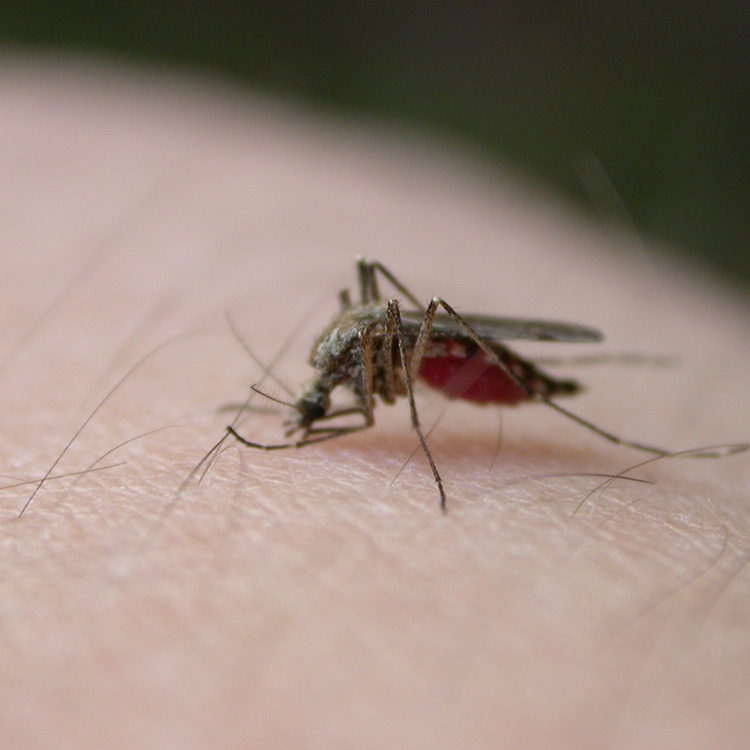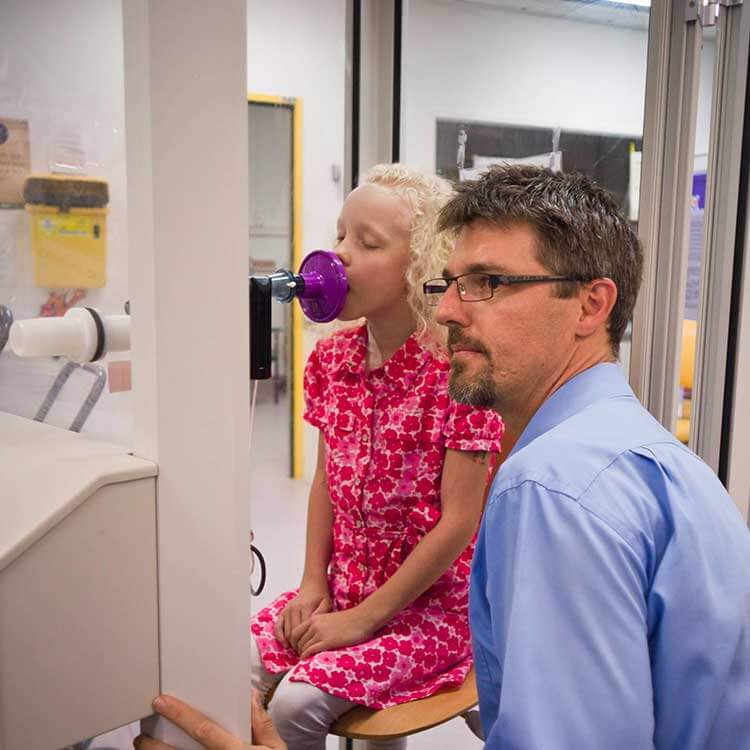Search

News & Events
Zika threat leads to Australian-first microcephaly studyWA Researchers have conducted an Australian-first study to determine the prevalence of microcephaly, in preparation of any future outbreak of the Zika virus.

News & Events
Aussie kids using strengths to overcome hurdlesThe Multiple Strength Indicator is a strength based measure that provides information on children’s developmental strengths as they commence full-time school.

News & Events
Lung problems continue into childhood for premmie babiesNew research from Perth’s The Kids Research Institute Australia shows that babies born premature continue to have lung problems well into childhood.

News & Events
Help our kids reach their potentialYou're invited to join the Early Childhood Development and Learning Collaboration on Monday 15 August from 7pm to help every child reach their potential.

News & Events
Australian Early Development Census National ConferenceThe Australian Early Development Census National Conference 2015 will be held from 18-20 February 2015.
News & Events
Child and Family Centres providing important support for parentsTasmania's Child and Family Centres are having a positive impact on parent's use and experiences of services and supports for young children

News & Events
New collaboration to boost kids early childhood development outcomes across AustraliaA new collaboration has been launched to fast track research into action to improve outcomes in the crucial early years of child development and learning.

News & Events
Key study unveils significant link between hospital admissions and kids with ADHDNew research from The Kids Research Institute Australia has revealed a significant link between kids with severe ADHD and higher rates of early childhood hospital admissions.
News & Events
No link between testosterone levels in womb and behaviourA project from the Raine Study shows testosterone levels in the womb have little impact on later childhood behavior.
News & Events
New study brings hope for preventing lung disease in children with cystic fibrosisResearchers at Perth's Telethon Institute are one step closer to preventing serious lung disease which is the main cause of suffering in cystic fibrosis.
